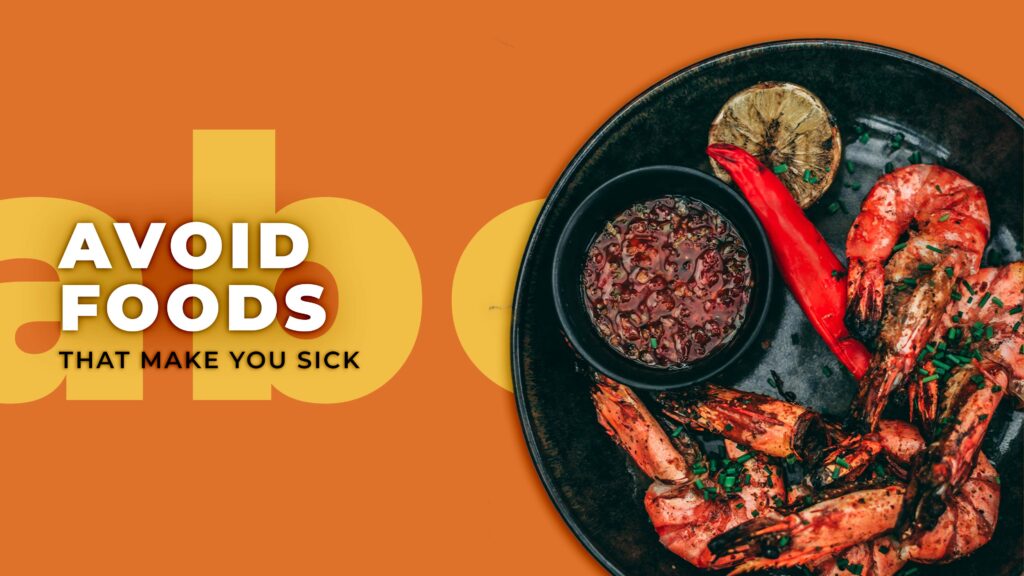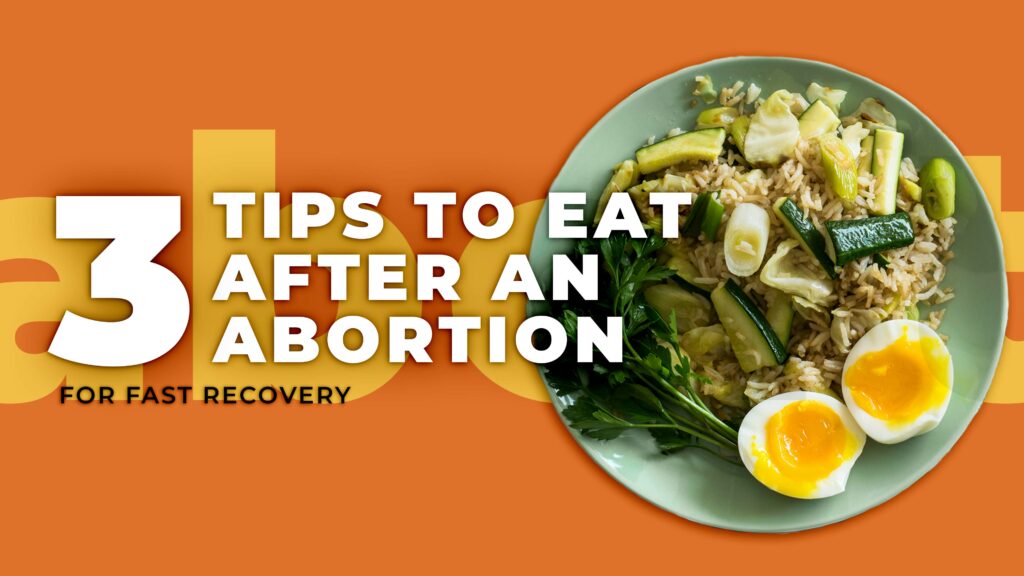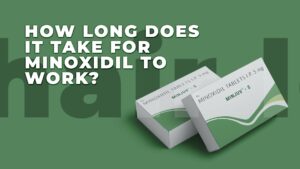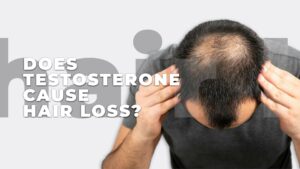After undergoing an abortion, taking care of your physical and emotional well-being becomes paramount. A crucial aspect of post-abortion recovery is maintaining a balanced diet that supports your body’s healing process.
While individual dietary needs may vary, focusing on nutrient-rich foods can aid in your recovery and health. In this article, we’ll explore the importance of nutrition after abortion and provide guidance on what to eat during this time.
Contents
Why is Proper Nutrition Important After Abortion?
Proper nutrition after an abortion is crucial for several reasons. First, it helps the body heal and repair tissues by giving it necessary nutrients for recovery. Secondly, a balanced diet boosts the immune system, reducing the risk of infections and complications.
It helps balance hormones, preventing mood swings and emotional distress. It also aids in preventing fatigue and maintaining emotional well-being.
Moreover, nutrient-rich foods can alleviate inflammation and digestive discomfort. Ultimately, a well-rounded diet promotes well-being by ensuring the body has the necessary resources to recover physically and emotionally from the procedure.
Foods To Eat After Abortion
Here are foods to include in your diet for a fast recovery after an abortion.
- Iron-Rich Foods
If you have been part of a group that does not eat green leafy vegetables, this is the perfect time to make a change. The likelihood of becoming anemic or weaker will increase if you experience more bleeding after an abortion. Iron-rich foods can help maintain hemoglobin levels.
If you want to increase the production of red blood cells, amino acids are essential. This can be achieved by eating spinach, mint, and broccoli. Spinach contains around 2.7 mg of iron per 3.5 ounces and vitamin C, which boosts iron absorption. It can be added to oatmeal, your favorite smoothies, or mixed with turkey or other red meat.
- Omega-3
Consuming fish and seafood can lower your harmful cholesterol, combat depression, prevent inflammation, and protect your heart. Salmon is a good choice, as it contains plenty of omega-3 fatty acids and vitamin D. Oysters are a great source of zinc and B12. You can also use chia seeds and walnuts in smoothies. They can be added to a dessert or healthy cake.
- Proteins
Proteins are known for their bodybuilding properties. They are responsible for repairing our cells with the main component, amino acids. It plays an important role in blood clotting, hormone balance, and other functions. Proteins can be found in dairy products and cheese. It’s a good idea to eat eggs and lean meats during your recovery.
- Folic Acid
In terms of mental stress and red blood cell development, folic acid can be helpful. It does not cause illnesses like anemia, and it is recommended to consume foods that are high in folic acid after experiencing a miscarriage. For example, including avocado, almonds, and walnuts in your diet can be beneficial.
- Whole Grains
To maintain a healthy digestive system, whole grains can be useful. These grains are high in fiber, which can alleviate issues related to indigestion and gas. Some examples of fiber-rich whole grains that can be incorporated into your diet include brown rice, quinoa, oats, and oatmeal.
- Fatty Milk and Meats
After a miscarriage, it is recommended to consume fatty foods such as dairy products and meat. Additionally, butter, cheese, raw milk, and beef can be included in your diet.
- Avoid Foods That Make You Sick
After an abortion, many women experience nausea and digestive problems. This is a normal side effect of hormonal changes. Avoid foods that make your stomach feel sick, and take more vitamins. Keep hydrated if you feel nauseated or experience vomiting. Drink plenty of water and tea. If it gets worse, contact your doctor.
- Enjoy Comfort Food
While changing your diet is the best way to be healthy, you do not have to stop eating your favorite foods. While it is important to focus on recovery and adhere to a diet plan, you can still enjoy your favorite meals every once in a while. It doesn’t matter if you eat enough nutritious meals, but it is okay to indulge in some treats.
Things to Avoid Eating After Abortion

Now that we’ve covered what you should eat after an abortion, let’s talk about foods you must avoid.
- Low-Fiber Starches
Adding healthy carbs to your post-abortion diet is good, but avoid refined carbs and sugars. This can include white rice, white sugar, pasta, and snacks made from white flour. These can lead to quick spikes in blood glucose levels and offer minimal nutritional value. Whenever possible, opt for whole-grain alternatives.
- Sweets
Avoid candies, soda, cakes, pastries, and other sugary treats with high glycemic index. These treats lack nourishment for the body. It can cause rapid fluctuations in blood sugar levels.
- Junk Food
Post-abortion, your body requires vital nutrients, which are often lacking in junk food. While occasional consumption of items like pizza or burgers is permissible, avoid making them your primary meal. Strive to include healthier food choices alongside any indulgent treats.
- Soy Products
Soy products are usually healthy, but it has phytates that make it hard for our bodies to absorb iron. To help your recovery, it’s best to avoid soy products for a few weeks after an abortion.
Additionally, stay hydrated by drinking plenty of water and don’t allow yourself to go hungry for extended periods of time. Incorporating yoga and meditation into your routine may also be helpful. If any issues arise, contact your doctor immediately.
How Can You Speed Up the Recovery Process?

These following diet tips can help you achieve rapid recovery. We also recommend that you talk about your feelings and concerns to your closest friends or family members for emotional support. Counseling or going to therapy is also encouraged. There’s nothing to be ashamed about. Many women go through the same experience. While the body heals in a matter of days or weeks, mental trauma can take a while to heal.
Tips to Eat After an Abortion

1. Be aware of side effects that can affect the digestive system
After an abortion, some women may experience nausea, constipation, or diarrhea. These side effects can be caused by hormonal changes in your body. You can adjust your diet to alleviate symptoms if you’re suffering from constipation or other health problems.
2. Get the right nutrients
A balanced diet is good for your health. It is especially important when you are healing. Your body will require a lot of calcium, iron, B vitamins, and protein after an abortion. You can benefit from whole grains, fruits, vegetables, and foods rich in iron and calcium.
3. Enjoy some comfort food
You might find that you have a need for a little more energy so you can enjoy your favorite comfort foods. You can eat something simple or order online to feel better. Take care of your body and rest as often as possible. It doesn’t matter if you don’t get all the nutrients from all your meals. You can still enjoy some treats.
Next Steps
Recovering from an abortion can be a challenging experience for women, both physically and emotionally. Eating well can help you heal faster and feel better during recovery. You can promote healing by adding folic acid, fiber-rich foods, and dairy and meat to your diet.
On the other hand, it is recommended to avoid consuming junk food, oily foods, and sugary items with high glycemic indexes. Including yoga and meditation in your routine can reduce stress and improve your well-being. If any complications or issues arise, it is essential to seek professional medical advice. With proper care and attention, it is possible to recover well after an abortion and regain your strength and vitality.
References
- Jana L Allison et al; Management of First Trimester Pregnancy Loss Can Be Safely Moved Into the Office.
https://www.ncbi.nlm.nih.gov/pmc/articles/PMC3100102/ - L D Ritchie et al; A longitudinal study of calcium homeostasis during human pregnancy and lactation and after resumption of menses.
https://pubmed.ncbi.nlm.nih.gov/9537616/ - What happens after miscarriage; Pregnancy Birth and Baby
https://www.pregnancybirthbaby.org.au/what-happens-after-miscarriage










Leave a reply